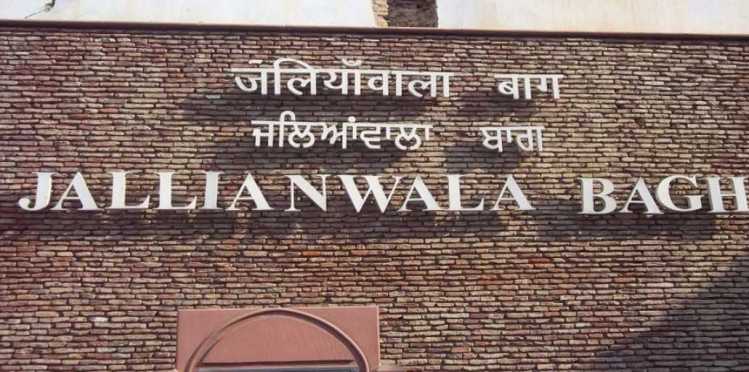JALLIANWALA BAGH MASSACRE DAY
3 years ago
Every year in India April 13 is celebrated as Jallianwala Bagh Massacre day. The reason behind celebrating the day is because a painful incident happened on 13 April 1919, at Jallianwala Bagh. It marked as one of the major heinous political crimes committed by the Britishers during the 20th century. Last year on the eve of the 100th anniversary of the Jallianwala Bagh massacre, people (including students, local residents, and even visitors) held a candlelight march in Amritsar.
1919 Jallianwala Bagh Incident
On 13 April 1919, thousands of people were gathered at Jallianwala Bagh in Amritsar, Punjab to mark the beginning of New Year. April 13 is celebrated as Baisakhi festival in Punjab. To celebrate the Baisakhi festival with their family and loved ones, many people traveled for many days to reach Punjab on that auspicious day.
On the morning of the Baisakhi festival, Colonel Reginald Dyer announced the implementation of a curfew in Amritsar and banned all processions. At about 12:40 PM, Dyer received confidential information about the meeting of Jallianwala Bagh. Jallianwala Bagh was covered on all sides by walls up to 10 feet. It was equipped with a narrow entrance, mostly locked. The place was assembled by the devotees, traders, farmers, and merchants who visited Amritsar to enjoy the festival of Baisakhi. Sensing the number of peoples present there and the secret meeting that was going, at 4:30 P.M., General Dyer arrived there with the armed troops. On Dyer’s order, there was unstoppable firing done on the crowd. There were around 25,000 people present there at the time of firing. Some tried to escape while some choose to jump in the well built on the premises of Jallianwala Bagh. Apart from the many deaths directly from the shooting, a number of people died of crushing in the stampedes at the narrow gate. This atrocious act of violence resulted in extreme mass killing. The firing continued for around 10 minutes, and it only ceased when the ammunition supplies were exhausted. The dead bodies could not even be moved due to the curfew. Colonel Dyer reportedly carried out this firing not just to disperse the meeting, but to punish the Indians for disobeying his orders.
In a telegram sent by British Lieutenant Governor of Punjab, Colonel Dyer’s action was supposed to be correct and approved.




